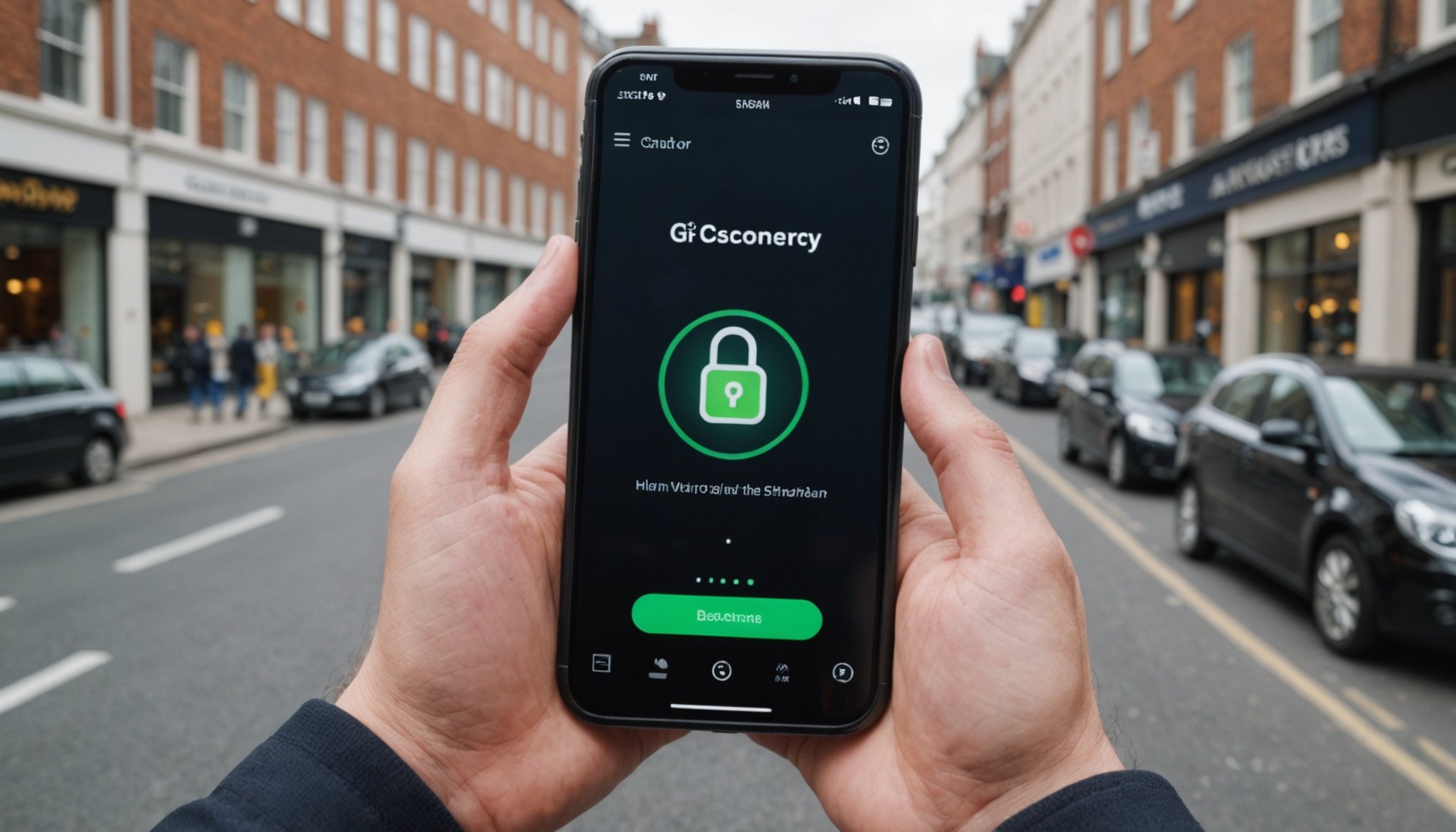Essential Privacy Features for Smartphones in the UK
When selecting a smartphone, prioritizing privacy features is crucial in the UK, where data protection laws are notably stringent. A key element is device encryption, which ensures that personal information stored on your phone remains inaccessible to unauthorized users. Encryption converts data into a secure format, rendering it unreadable without the correct key, making it an indispensable layer of protection for sensitive information.
Equally important is the smartphone’s ability to receive regular and secure operating system updates. These updates, often overlooked in some buying decisions, patch security vulnerabilities and improve the device’s defenses against cyber threats. Without timely updates, even the most advanced devices can become exposed to risks, compromising personal data stored on them.
Topic to read : How Do Smartphones Contribute to Computing Innovations in the UK?
Managing app permissions also plays a significant role in safeguarding privacy. Controlling what each app can access on your device prevents unnecessary data collection. For instance, restricting location or microphone access only to essential apps limits potential data exposure. Incorporating these considerations into your smartphone buying guide will help you make informed choices, aligning device features with the high standards of UK data protection regulations.
Understanding UK-Specific Privacy Requirements
Smartphone privacy regulations in the UK are deeply shaped by UK data protection laws, with the GDPR compliance framework playing a central role. Even after Brexit, the UK maintains a data protection regime closely aligned with GDPR to ensure strong privacy standards for consumers. This alignment means that smartphone manufacturers operating in the UK must uphold strict requirements regarding the collection, storage, and processing of personal data.
Additional reading : How do smartphones contribute to UK digital banking advancements?
UK consumers should expect manufacturers to implement transparent data handling practices. This includes clear information on what data is collected, how it is used, and with whom it may be shared. Under UK data protection laws, users have specific rights, such as access to their data, correction of inaccuracies, and the right to demand deletion. Compliance with these rights safeguards consumer privacy and builds trust in smartphone technologies.
Brexit introduced nuances in applying GDPR compliance. While the UK now operates under the UK GDPR, which mirrors EU GDPR principles, smartphone companies must navigate potential variations in enforcement and legal interpretations. For UK smartphone users, this means continued protection, but also a landscape where regulations may evolve independently from the EU, requiring careful attention from manufacturers and consumers alike to maintain privacy standards.
Biometric Authentication and Advanced Security Options
Biometric authentication has become an integral part of modern smartphone security, offering convenient and robust access controls. The primary forms include fingerprint sensors, face recognition, and iris scanners, each harnessing unique biological traits to verify user identity.
Fingerprint sensors analyze the ridges and patterns on a fingertip, providing quick and reliable unlocking. Face recognition technologies map facial features to ensure secure access, often using infrared or 3D mapping to differentiate genuine faces from photos. Iris scanners capture the intricate details of the eye’s iris, adding an extra layer of precision to authentication.
While biometric authentication enhances user convenience and security—reducing reliance on passwords—it also carries potential risks such as false acceptance or rejection rates and privacy concerns regarding biometric data storage. Combining biometrics with additional security measures like PIN codes or two-factor authentication can mitigate these risks and create a more secure environment.
The integration of biometrics with smartphone security works best when used as part of a multi-layer system, ensuring that even if one method is compromised, others safeguard the device effectively. This approach balances ease of use with advanced protection, making biometric authentication a cornerstone of today’s security options.
Leading Smartphone Brands and Models for Privacy
When it comes to finding the best phones for privacy UK users can trust, several market-leading options stand out. Apple and Google remain at the forefront, offering advanced privacy features integrated deeply into their platforms. Apple’s iOS is known for its stringent app tracking transparency and end-to-end encryption in services like iMessage and FaceTime. Google, meanwhile, has made significant strides with its recent Android updates focused on enhanced user control over app permissions and on-device processing to reduce data exposure.
Beyond these giants, privacy-focused smartphones designed specifically with user security in mind are gaining attention. Brands such as Purism and Fairphone offer devices that run on privacy-centric operating systems like PureOS or /e/OS, providing users with minimal bloatware and stronger data protection. These options cater especially well to individuals seeking alternatives beyond mainstream ecosystems.
Emerging privacy focused smartphones from UK and EU-based manufacturers further enrich the market. Their commitment to local data protection regulations, including GDPR compliance, assures users of elevated privacy standards. These brands often prioritize transparency, open-source software, and physical security features such as hardware kill switches for cameras and microphones.
In summary, whether opting for established companies like Apple and Google or exploring dedicated secure smartphone brands, consumers have diverse choices that align with their privacy needs. Exploring these options helps users take control, ensuring their personal data remains safe in an increasingly connected world.
Actionable Advice for UK Consumers on Smartphone Privacy
Ensuring privacy tips for smartphone users is essential in today’s digital age. Start by configuring your smartphone settings to tighten control over personal information. Focus on permissions: limit apps’ access to location, camera, and microphone unless absolutely necessary. Disable tracking options and use built-in privacy features like app permission managers and ad tracking controls to minimize data exposure.
When selecting a device, evaluate the manufacturer’s update policies and transparency. Regular updates patch security vulnerabilities and maintain data protection. Prioritize brands that offer prompt software updates and clear privacy policies, as this helps prevent unauthorized data access. Transparent communication from manufacturers about data collection practices strengthens trust.
In your daily use, protect personal data in the UK by frequently reviewing app permissions and deleting apps that demand excessive access. Use strong, unique passwords and enable biometric security features like fingerprint or facial recognition. Avoid connecting to unsecured public Wi-Fi networks, which can expose your smartphone to data interception. Employing these privacy tips for smartphone users ensures your personal data remains secure without compromising convenience.




